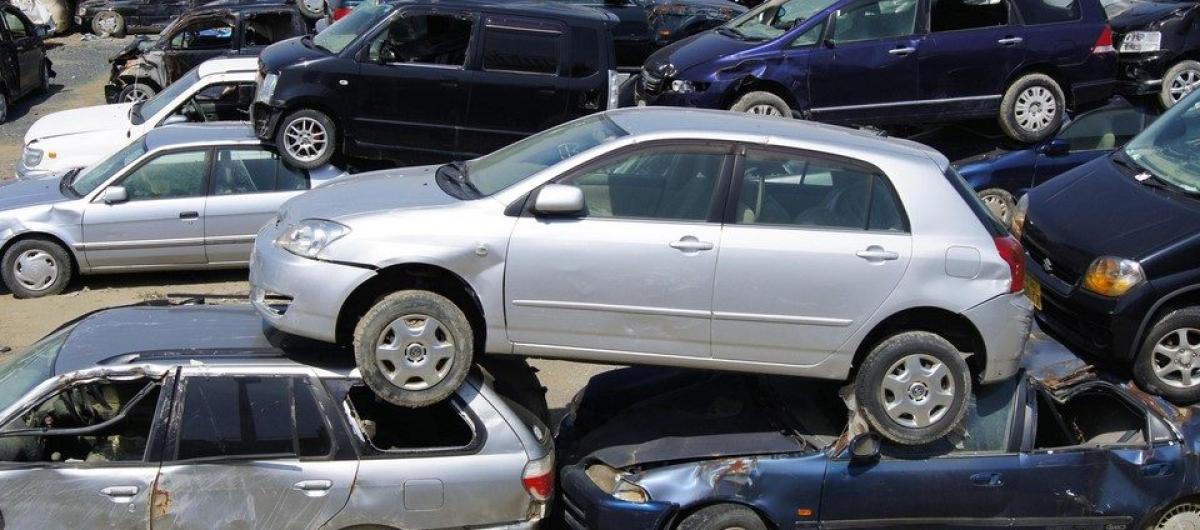Turning Scrap Into Gold: The Economic Impact Of Cash For Cars In Local Communities

The end of a vehicle’s life does not mean the end of its use. While it may no longer run or be fit for the road, an old car still holds parts, metals, and materials that carry economic value. In recent years, cash for cars services have become more common across cities and suburbs, offering car owners a way to hand over unwanted vehicles. But this is not just about getting rid of old machines—it also supports jobs, metal recycling, small business income, and local economies.
This article explains how the process works and explores the financial role that these services play in communities like those in Sydney.
The Process That Brings in Real Value
When a car reaches a stage where it is no longer drivable, it is often considered scrap. However, it still contains valuable components such as engines, alternators, catalytic converters, wheels, and large amounts of steel, aluminium, and copper. These parts and materials do not go to waste.https://cashmyscrapcar.com.au/
Cash for cars services remove these vehicles and pass them on to scrap yards. There, they are dismantled, sorted, and recycled. Each part is either reused or sold, and the metals are melted down and turned into raw material for other industries. This process has created a steady flow of money that supports a range of sectors.
Metal Recycling and Its Effect on Local Trade
According to the Australian Bureau of Statistics, over 5.6 million tonnes of metal waste are generated in Australia each year. A large part of this comes from motor vehicles. By recycling car metals, scrap yards help lower the need for fresh mining, which saves resources and energy.
Metal recycling businesses often work with local manufacturers. This partnership helps supply affordable raw materials to factories and builders. This also reduces costs in the construction and manufacturing industries, helping smaller operators compete.
Scrap metal is not just about large steel frames. Smaller items—such as wire, radiator metals, and internal engine parts—also add up. Together, they create a trade network that supports local jobs and steady income across suburbs and towns.
Jobs Created Through the Car Recycling Chain
From pick-up drivers to scrapyard workers, many people are employed across the cash for cars network. The industry includes drivers who collect vehicles, mechanics who remove and sort parts, staff who manage scrap yards, and workers in metal processing plants.
Each step in the process involves hands-on labour, which means real employment for people with practical skills. Many of these jobs do not require university degrees but instead rely on trade knowledge and work experience.
Local businesses also benefit. Towing services, auto part dealers, and workshops that buy second-hand parts are all part of the same economy. In this way, one old car supports more than one trade—it becomes part of a supply chain.
Income for Households and Local Spending
When a person hands over an old or broken vehicle, they often receive cash in return. This money can be used for everyday needs, from groceries to bills or savings. For many households, it is a welcome amount in times of financial stress.
By turning scrap into cash, residents can recycle a vehicle and also gain funds. This spending often stays in the community, moving through local shops and services. In economic terms, it helps with what is called a "circular flow"—money earned through recycling comes back into the local system.
One clear example of this can be seen in Sydney, where services like Cash My Scrap Car assist in both vehicle removal and community support. They collect old vehicles from homes and businesses, making sure each car enters the recycling chain. This approach supports the environment and puts money directly into the hands of locals. Many people search for Cash for Scrap Car Sydney to find such services, showing strong interest in both the removal and income aspects.
Small Business Growth
Auto recyclers, part sellers, and tow operators all benefit from a steady supply of scrap vehicles. These small businesses often depend on local supply rather than large contracts. With more residents choosing to scrap their cars, this steady flow helps shops stay open and grow.
Some businesses also operate online, selling working parts across Australia. Others support local repairs by offering second-hand parts at lower prices. These businesses create trade activity that stays within the region and reduces the need for imported goods.
This kind of local trading model helps keep money in the area, which is a key part of supporting town and city economies.
Environmental and Financial Return Combined
While the main focus here is economic, there is also a strong link to environmental care. When cars are recycled, the damage caused by landfills and chemical leaks is reduced. This saves local councils money on clean-up and waste management, allowing public funds to be used for better purposes.
Fewer dumped cars also improve neighbourhood appearance and reduce public safety risks. Removing broken or rusted cars from properties and roadsides makes streets cleaner and safer.
By mixing financial return with environmental care, this process gives residents more reason to take part—and many are doing just that.
Conclusion
The cash for cars industry is more than a collection service. It plays a role in metal recycling, job creation, income support, and small business growth. Every vehicle that is removed and recycled helps create trade activity and supports a cleaner environment.
Whether it is a rusted sedan sitting in a backyard or a broken-down ute that no longer starts, these vehicles still hold economic purpose. By taking part in this process, people are not just clearing out space—they are adding to a cycle that helps the local economy stay strong.
